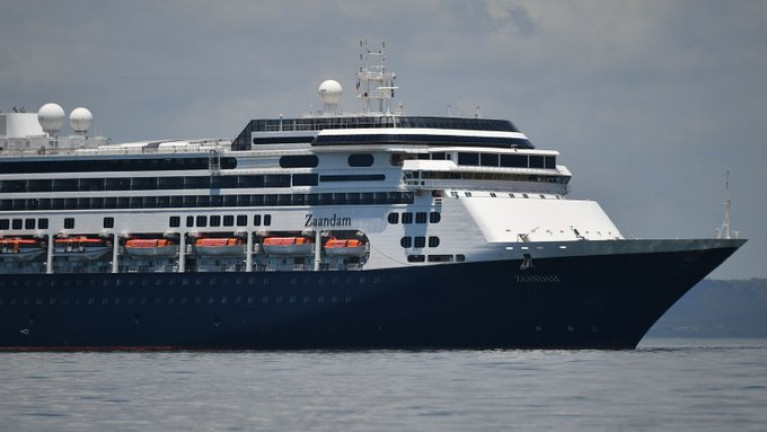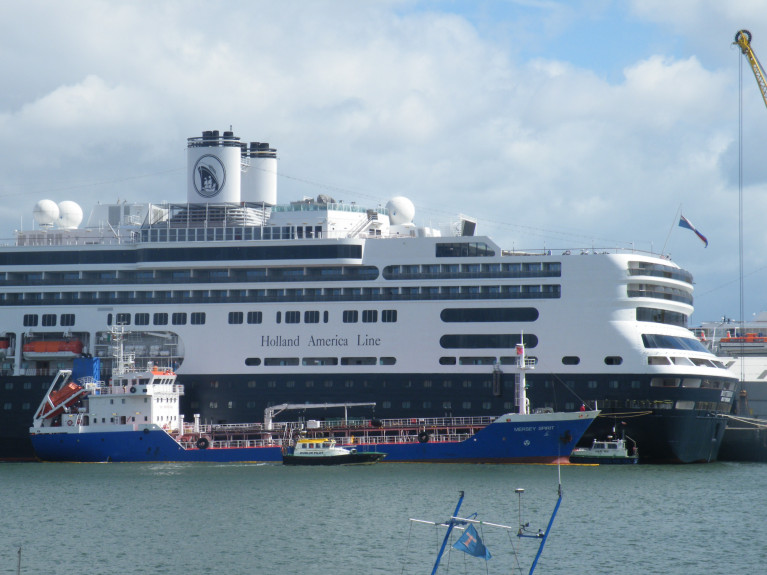Displaying items by tag: Irish Pass
Irish On board Virus Hit Cruise Ship Docks in Florida, USA
A cruise ship hit with the virus, RTE News reported, with around ten Irish citizens on board has docked in Florida in the USA (yesterday).
Most of the passengers from the Zaandam and its sister ship the Rotterdam will begin disembarking today.
They will be taken by bus to a nearby airport and flown home on charter flights.
After being refused access to various ports and left stranded at sea, the Zaandam and its sister ship finally docked last night in Fort Lauderdale, Florida.
Critically ill passengers were taken off first and transferred by ambulance to local hospitals.
Passengers with symptoms will remain on board the ship for treatment.
More on the story here.
Panama Allows Virus-Affected Cruise Ship to Pass through Canal
Permission has been given by Panama's Government to a cruise ship on which four passengers have died to travel through its canal, a day after blocking the liner over coronavirus fears, according to RTE News (last night).
Holland America Line's 238-metre (781-foot) MS Zaandam vessel, which has up to a dozen Irish citizens on board, can now continue its trip to Fort Lauderdale, Florida, but Panama's government underscored that no passengers or crewmembers would be allowed to set foot on Panamanian soil.
"Panama will guarantee biosecurity measures to protect the personnel who will participate in this manoeuvre and thus safeguard the health of Panamanians," the government said in a statement.
The Zaandam, which was previously on a South American cruise, was denied access to the Panama Canal for sanitary reasons, leaving passengers and crew wondering when they would get home.
In the meantime, Holland America, which is owned by Carnival Corp, sent the Rotterdam sister ship to the area as Panama's Maritime Authority said 401 asymptomatic passengers would be allowed to transfer from the Zaandam to the other ship.
For more on the story click here.
Afloat adds both cruiseships today remain at anchorage in the Pacific Ocean while offshore of Tobago Island, which lies south of the Panama Canal connecting to the Caribbean Sea.






























































